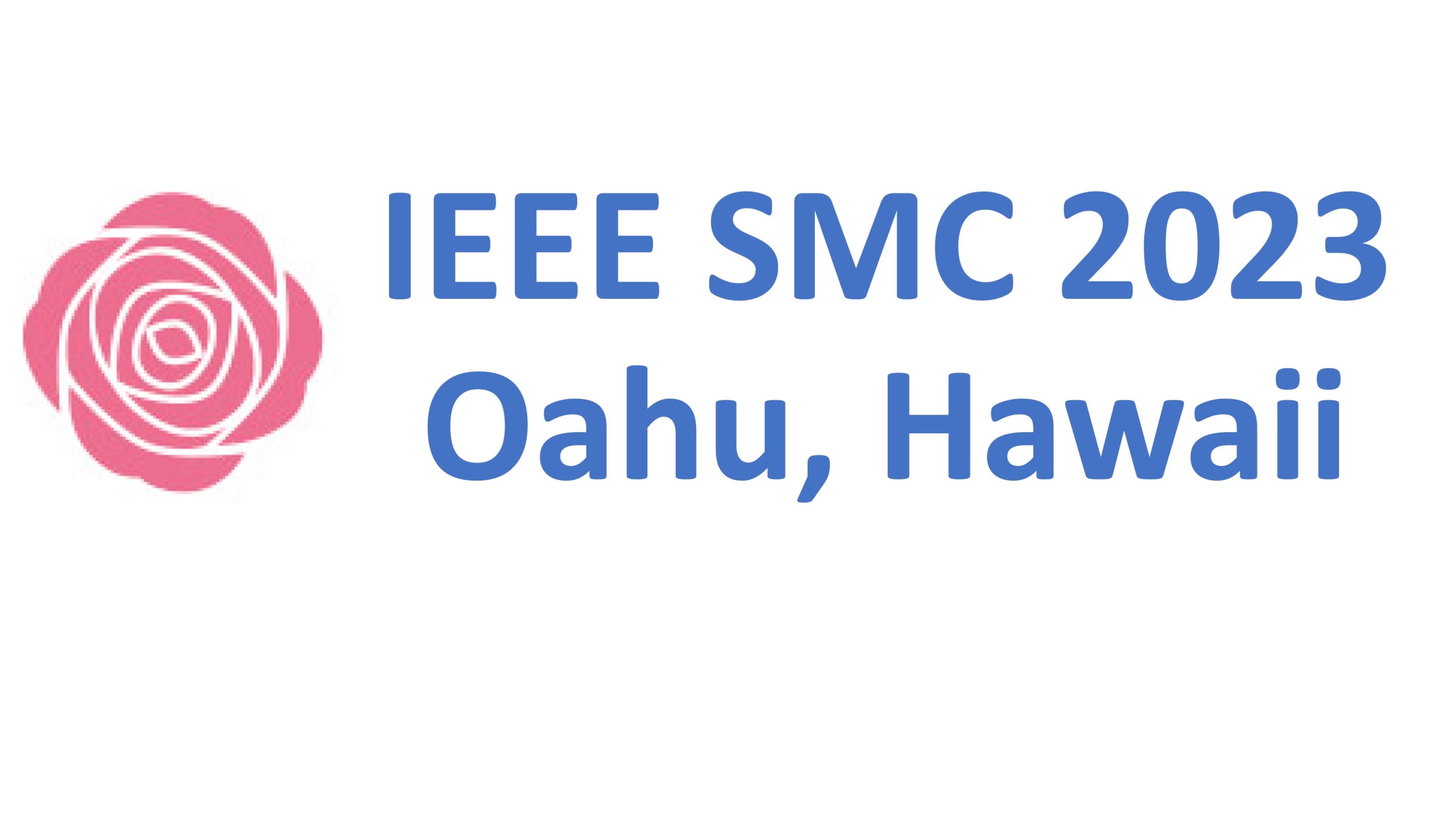Workshop: Neuroergonomics
Workshop code: 28gvj
Steering Committee
– Giacinto Barresi, Istituto Italiano di Tecnologia (Genoa, Italy)
– Giancarlo Fortino, University of Calabria (Rende, Italy)
The Workshop titled Patient’s Data and Models in Neuroergonomics for Healthcare will be held from October 1-4, 2023 as part of SMC 2023 flagship annual conference of the IEEE Systems, Man, and Cybernetics Society.
This workshop will discuss the challenges and the potential solutions in collecting and analyzing biosignals and movements as data for modeling patients, especially as users of assistive, prosthetic, and rehabilitative devices to achieve human-centered innovations in their design. In particular, the contribution of neuroergonomics in this domain. Neuroergonomics can be considered a discipline employing neuroscientific methods to study the interactions between humans and systems (which can include the first) for improving the well-being of the first and the performance of the latter. Beyond the use of physiological and motor data and models for evaluating the interactions between patients and healthcare technologies, the approach of neuroergonomics can be adopted for implementing neuroadaptive features in smart devices and environments, providing the users with the advantages of precision medicine in terms of personalization and adaptation.
These features work according to data collected in real contexts through wearable and environmental sensors connected with computational infrastructures enabling the generation of models informing clinicians and controlling robotic and digital aids. Such a scenario can take advantage of the growing pervasive presence of such sensors in our daily lives (from the wearable systems in mHealth to the Internet of Medical Things). However, the effort of analyzing data collected in complex settings like ecologically valid contexts constitutes a challenge that must be faced by means of an interdisciplinary perspective, considering different domains with their approaches to modeling a human being, especially a person who needs the support of a medical device for restoring their capabilities. Neuroergonomics certainly offers an interdisciplinary framework (encompassing methods from domains like neuroscience and design) for accomplishing this. However, groundbreaking trends in biomedical solutions (like digital twins for healthcare) should be furtherly pondered according to the most recent innovations in each discipline contributing to this journey to improve the quality of people’s life.
This workshop aims at presenting contributions of experts in human factors, computer engineering, biomedical engineering, robotics, computer science, neuroscience, psychology, design, and healthcare for introducing and discussing synergies that can converge, through the approach of neuroergonomics, towards novel user-centered medical systems for assistive, prosthetic, and rehabilitative applications. The first part of the workshop will present the organizers’ perspective and that of the invited speakers. The second part will comprise a SWOT analysis (Strengths, Weaknesses, Opportunities, Threats) on the adoption of the discussed approaches to patient’s data collection and modeling in neuroergonomics, spanning from their clinical impact to technological feasibility and ethical legitimacy. This phase will be implemented as a focus group session based on physical and digital blackboards for visually organizing concepts. The organizers will pay special attention to the educational value of the discussion, promoting the contributions of students attending the workshop to understand their perspectives and expectations.
Author instructions:
Full paper submissions: Authors that wish to have their papers appear in the SMC 2023 conference proceedings and in IEEE Xplore, will need to submit their 4-6 page papers to the SMC 2023 conference using this link (https://conf.papercept.net/conferences/scripts/start.pl). Choose “Submit a Contribution to SMC 2023”. Under the first submissions category, choose the “Workshop Session Papers” and use code 28gvj. Full papers will undergo peer-review by a minimum of three reviewers and will be subject to an acceptance rate to be determined by the general SMC 2023 chairs.
Abstract submissions: 1-page abstracts can also be submitted. These will be reviewed by a technical program committee put together by the Workshop organizers. Accepted abstracts will not appear in the SMC 2023 proceedings and will not appear in IEEE Xplore, but they will be listed on the SMC 2023 website for diffusion. Accepted abstracts will be presented as posters during the Workshop. Abstracts should provide a title, authors list, technical content, and references within one page. To submit an abstract, authors should choose the “Workshop Session Abstracts” option in the link above and also use code 28gvj.
